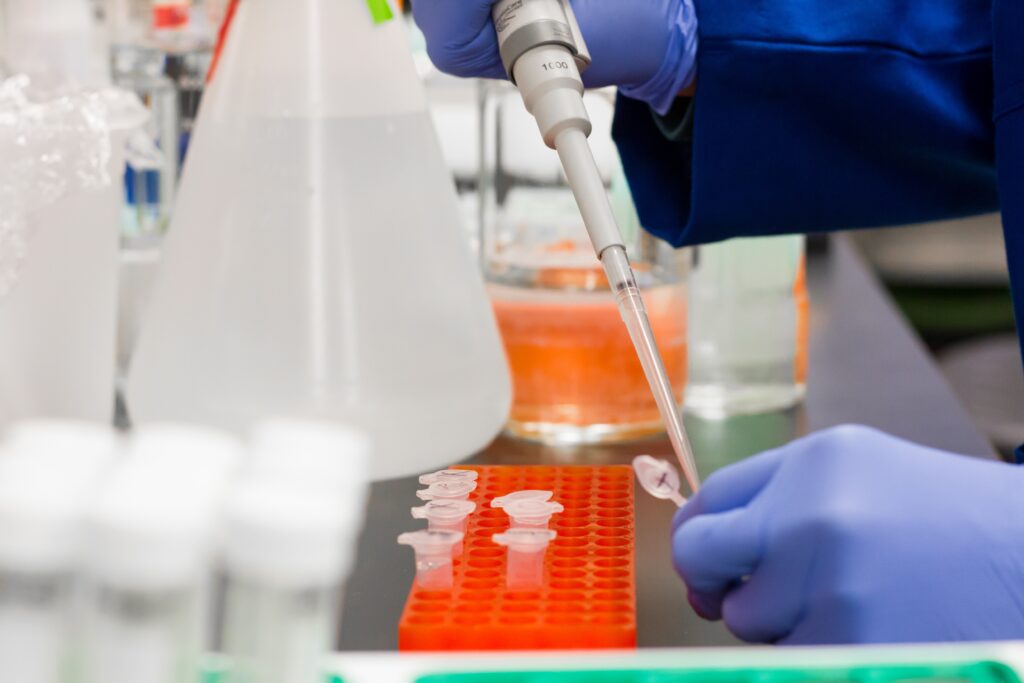Professor Danny Altmann on ‘the pandemic within the pandemic’
Danny Altmann, a professor of immunology at Imperial College London, spoke with Kim Hill about Long Covid on RNZ earlier today. Altmann has been sounding the alarm about Long Covid since 2020 and co-authored The Long Covid Handbook published late last year.
While the world was initially focused on managing acute infections, an increasing number of individuals began reporting lingering symptoms that significantly impacted their daily lives. To many, Long Covid is an unexpected consequence of the pandemic, but not to Danny Altmann, who has been studying viruses for decades and knew covid could cause long term sickness. Despite this, he recognises covid is particularly insidious which is why he is so alarmed by it.
‘The pandemic within the pandemic’
Professor Altmann’s recent article in Nature sent shockwaves through the medical community as he referred to Long Covid’s burden as “so large as to be unfathomable”. In another Nature article, Long Covid was labelled “the ‘pandemic within the pandemic’”. The staggering projection suggests that if 10% of acute infections lead to persistent symptoms, an astounding 400 million people could be in need of support for Long Covid worldwide. This prediction underlines the urgent importance of addressing the long-term health implications of Covid-19.

Why is Covid “long”?
Kim Hill asks Altmann “Why does it go on? Why is Covid is ‘long’?” To which he acknowledges the answer to this question is “the heart of the matter” and why so many scientists like himself are trying to figure the mystery out.
There is no answer yet, but one hypothesis is viral persistence whereby covid remains in the body and wreaks havoc by crossing organ barriers into the heart, lungs and brain.
A mild infection can still lead to Long Covid
Altmann sees numerous people with Long Covid whose initial covid infection was “incredibly” mild or asymptomatic. It begs the question, how could such an mild initial sickness develop into something so debilitating? Altmann says Covid is part of a virus family that does “crazy, crazy things”. He references the sequelae of the 2003 SARS-1 outbreak which almost mirrors SARS-2.
Does vaccination help?
Altmann says the best way to not get Long Covid is to avoid infection but failing that, making sure you’re vaccinated will reduce the chance of Long Covid. It won’t get you “off the hook completely but it helps your odds”, he says.
If you do get a breakthrough infection which leads got Long Covid, there’s no approved treatment. Researchers at present don’t know enough about Long Covid to know what drugs they would test for a clinical trial, so solving the mystery is still a long way off. An additional challenge is given the vast diversity and breadth of Long Covid symptoms, the possibility of a one-stop shop cure for the disease remains unknown.
Repeat Covid infections
If we have immunity from a prior infection, or from vaccination, then surely each repeat infection would be more manageable? Not so, unfortunately. Altmann’s Long Covid cohorts are full of people who only developed Long Covid on their third and fourth infection. He stresses “there’s never any window for complacency”.
Altmann says it’s a race to the finish line to get some drugs ready for Long Covid trials. The burden of Long Covid is only getting heavier and it’s vital governments, researchers, and healthcare organisations come together to invest in comprehensive research, diagnostics, and treatment options.